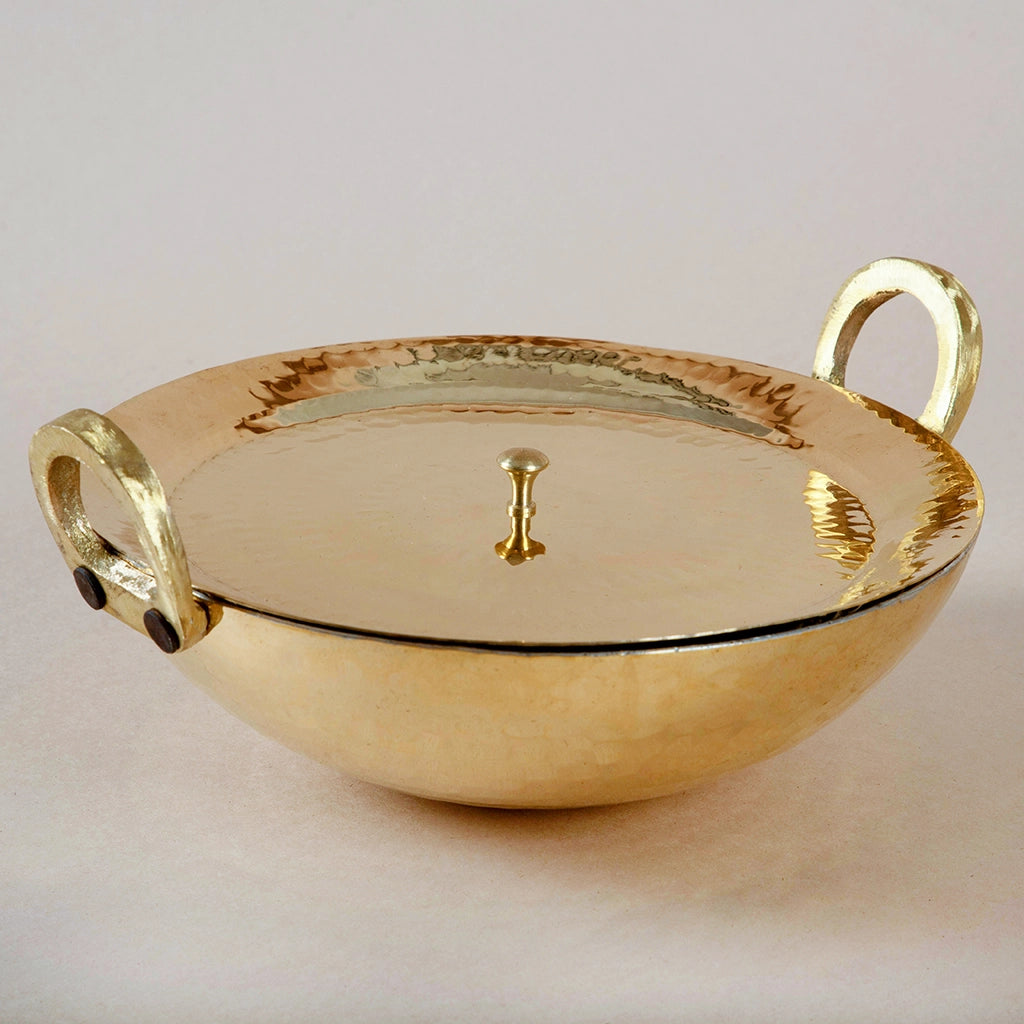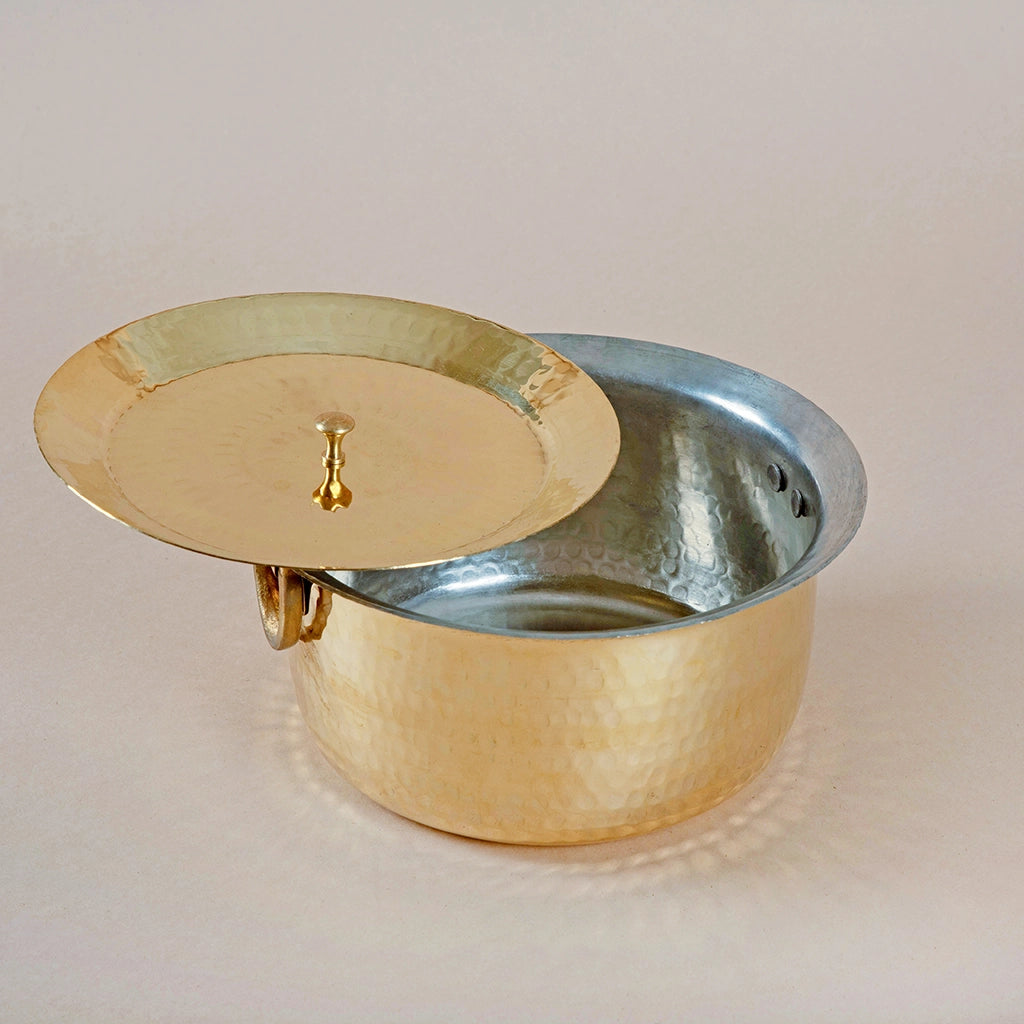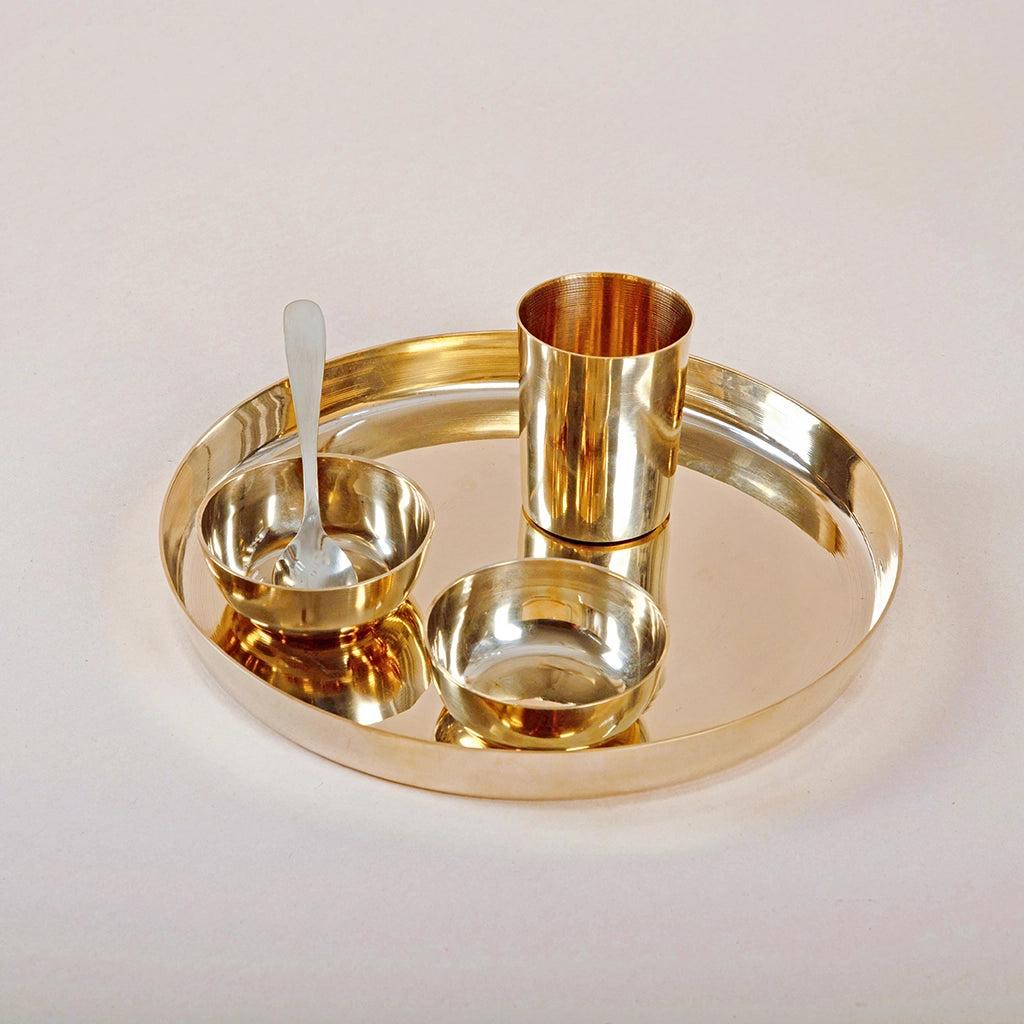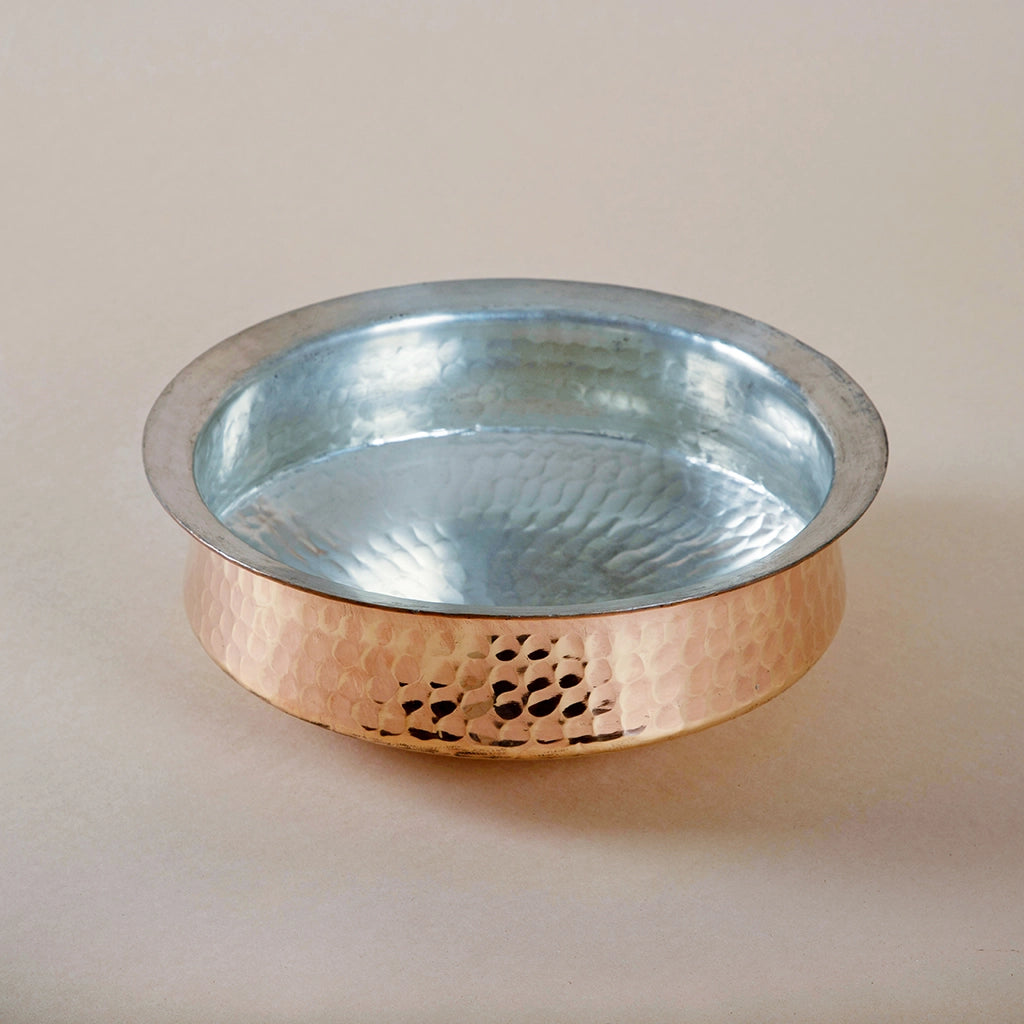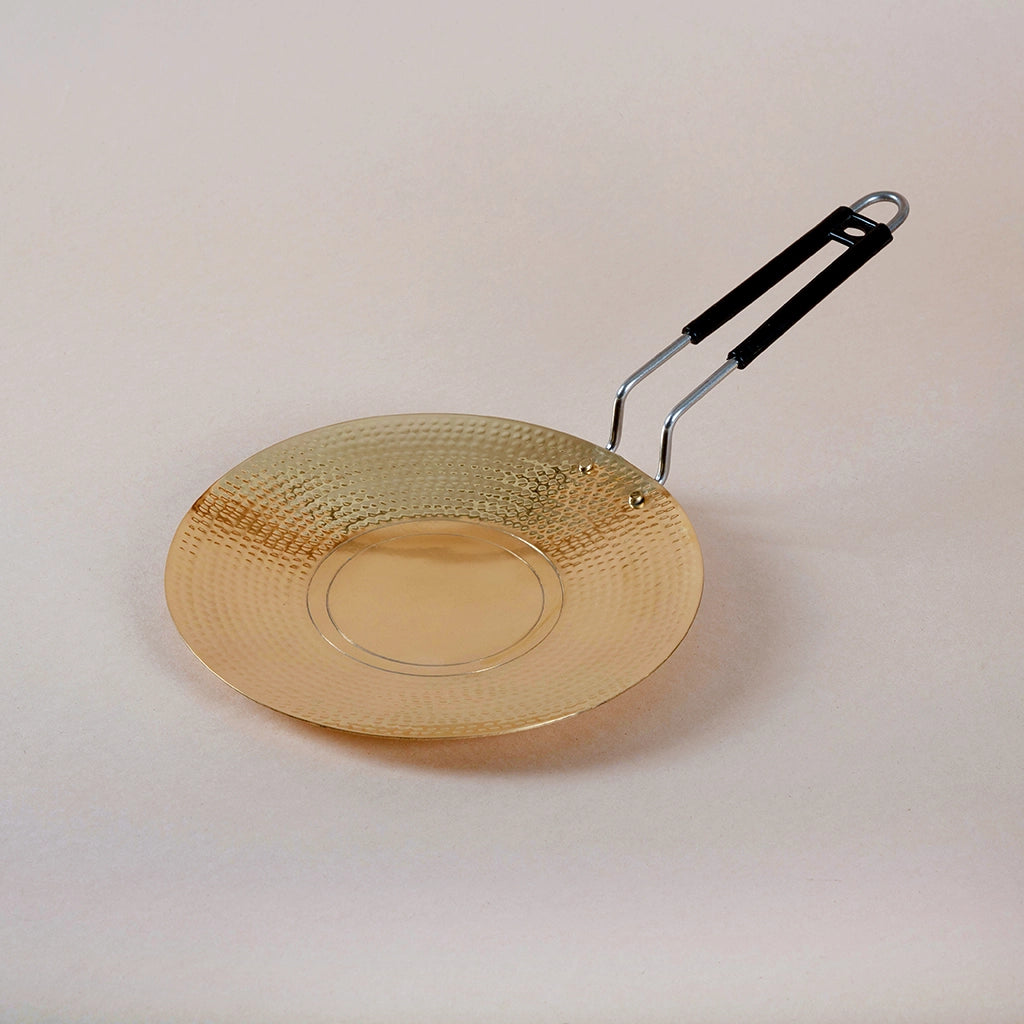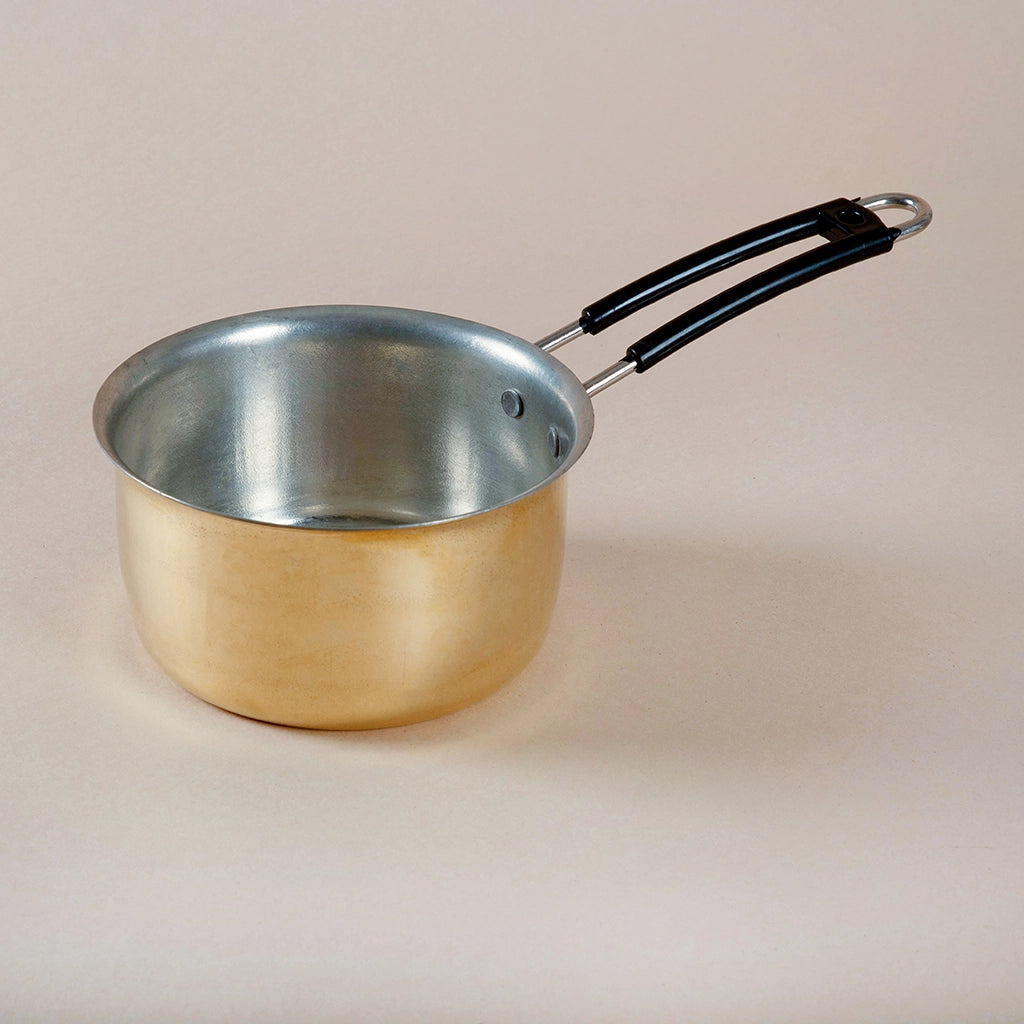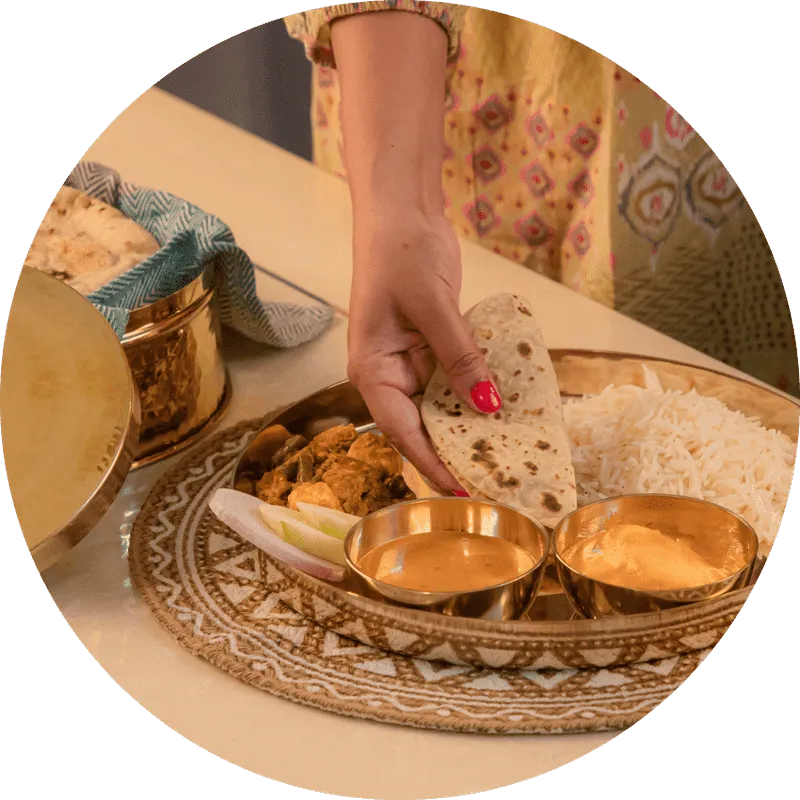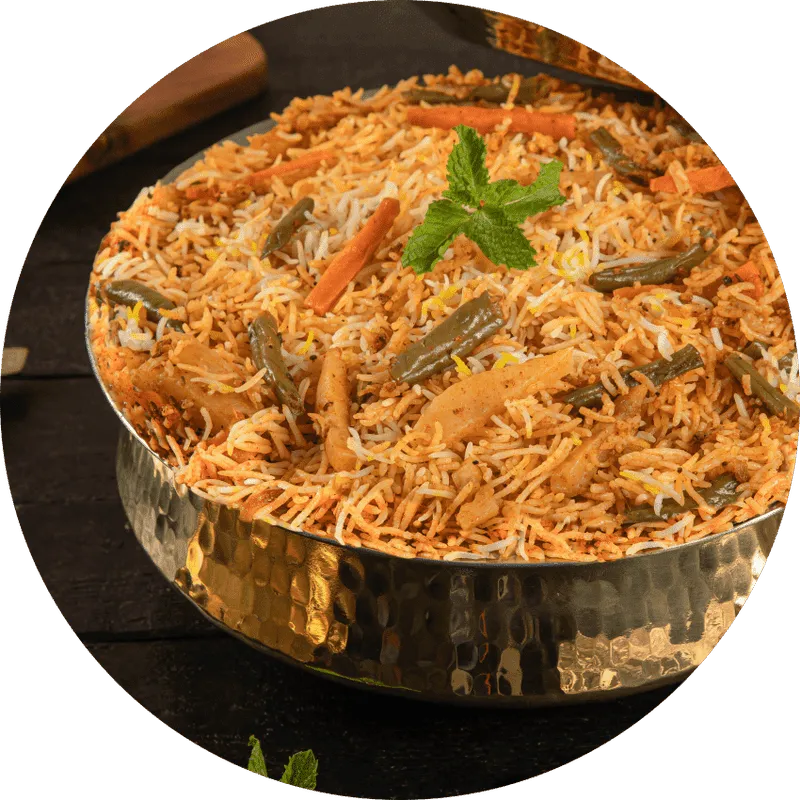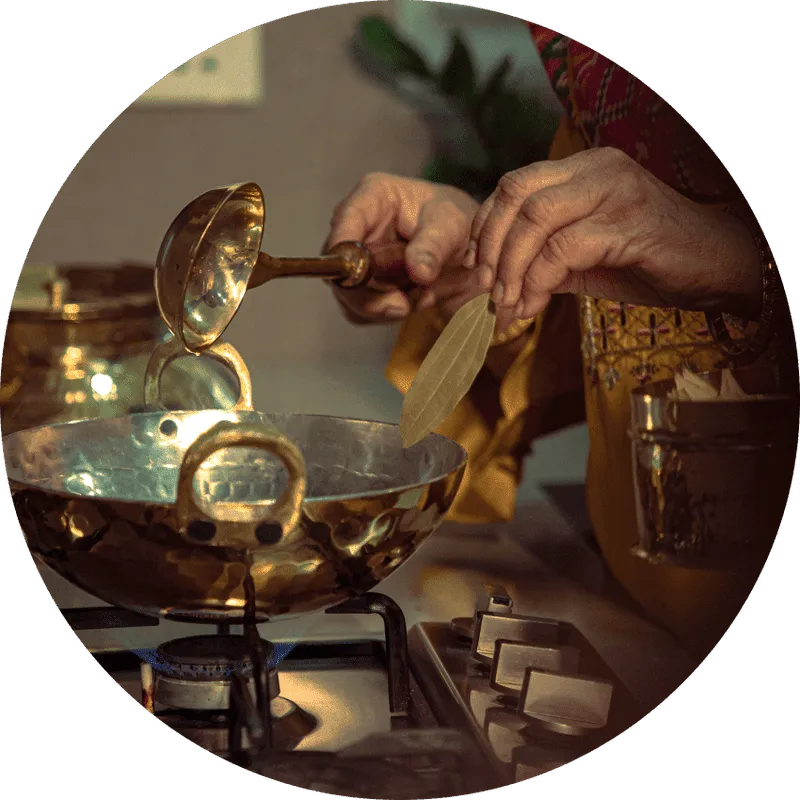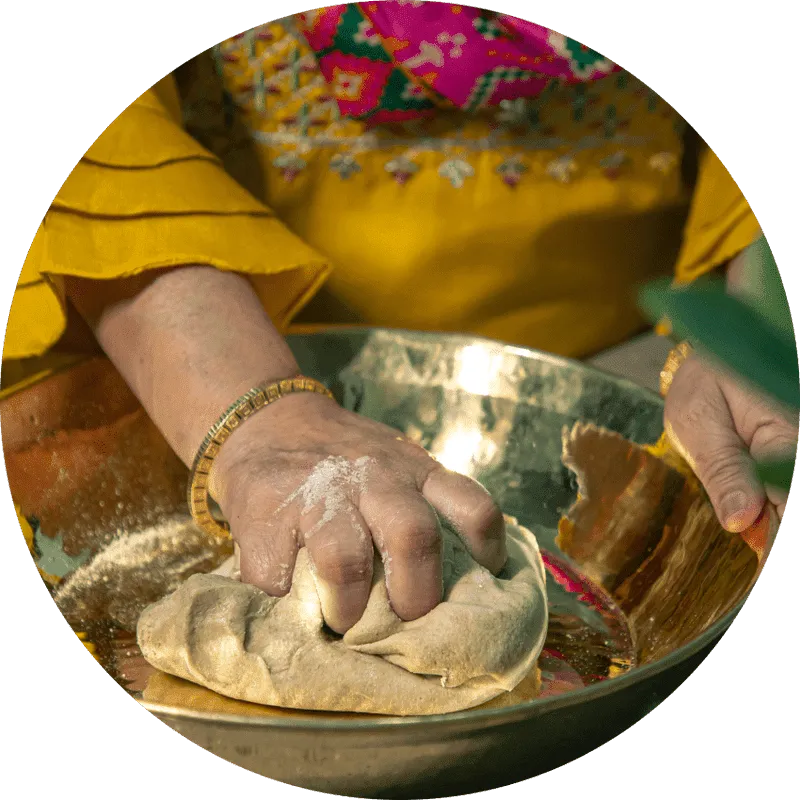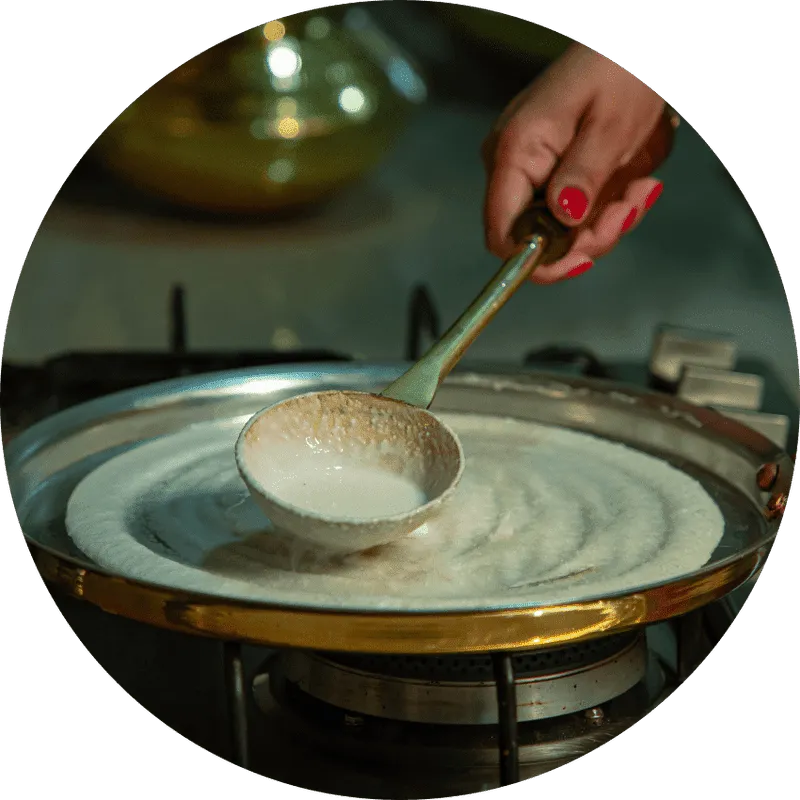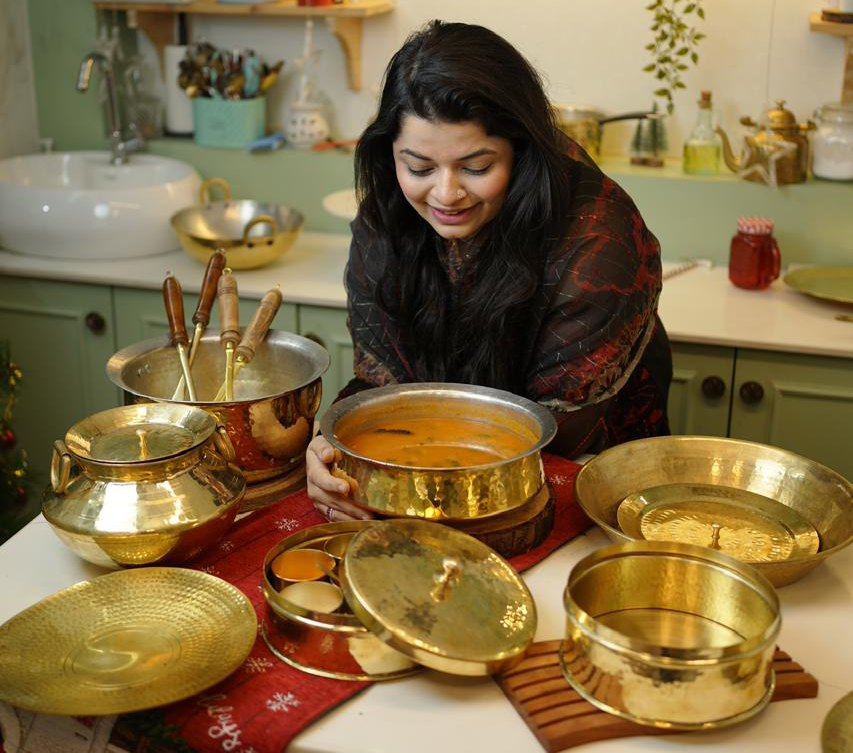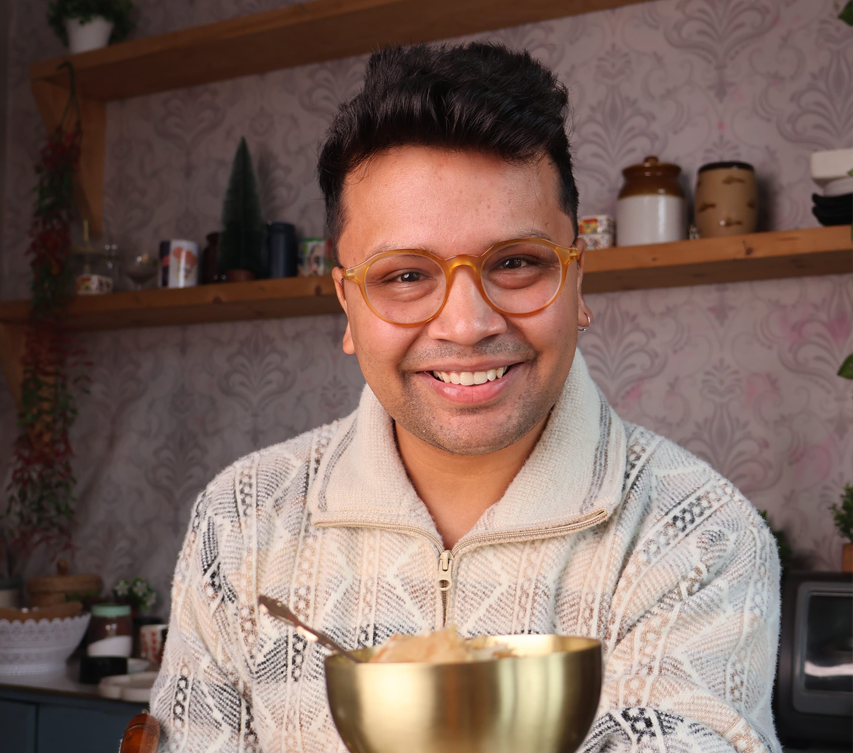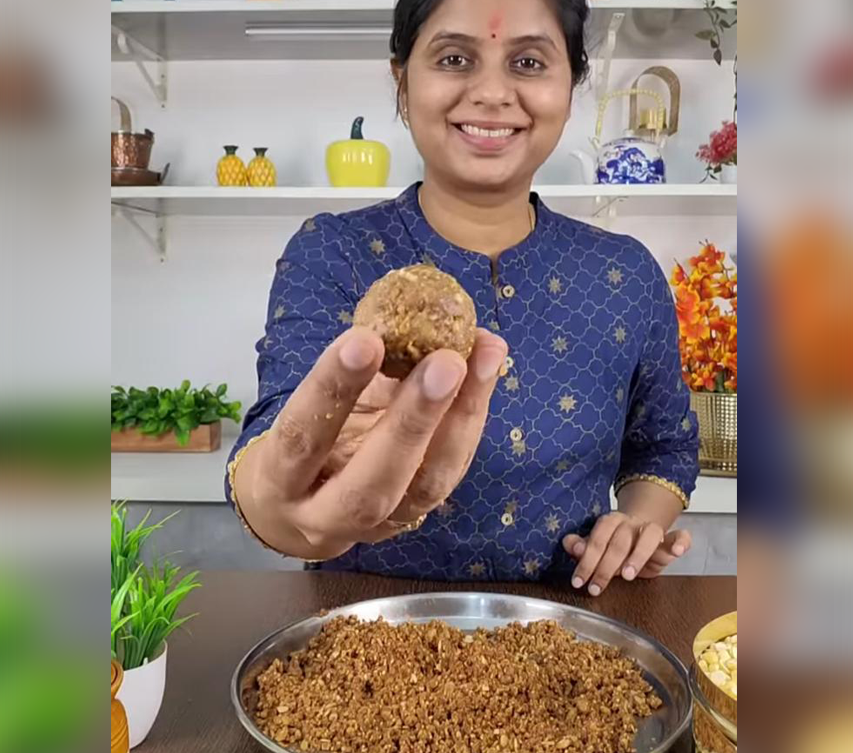
Timeless Elegance
2. Health & Wellness Benefits
Sustainable & Eco-Friendly
Supporting Artisans & ‘Made in India’
Trusted by Chefs, Loved by Home Cooks

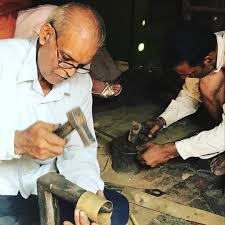
Keeping Traditions Alive: A Message from Our CEO
In an age dominated by mass production, the Thateras stand as a testament to the beauty of handmade craftsmanship, where each curve, each polish, and each engraving tells a story of resilience and dedication. But today, this legacy faces an existential threat. As industrialization replaces artistry with machines, the hands that once molded brass into timeless kitchen treasures struggle to find their due recognition and support.
Built on Trust, Backed by Reviews
FAQs
What are the health benefits of using brass, copper, and bronze utensils?
Brass, copper, and bronze utensils offer numerous health benefits, including improved digestion, natural antimicrobial properties, nutrient retention, and enhanced flavor preservation. These materials are also free from harmful chemicals found in modern non-stick cookware.
How should I care for and maintain my brass, copper, and bronze utensils?
Clean with mild soap and water, avoiding abrasive materials. Polish periodically with natural cleaning agents like lemon, vinegar, or baking soda to maintain their shine and prevent tarnishing. Dry immediately after washing to avoid water spots.
Can I use brass, copper, and bronze utensils on modern stovetops?
Yes, brass, copper, and bronze utensils are compatible with most stovetops, including gas, electric, and induction cooktops. However, use a diffuser on induction cooktops to ensure even heating.
Are brass, copper, and bronze utensils safe for cooking acidic foods?
Brass and bronze utensils with a tin coating are safe for cooking most foods, including acidic dishes. However, pure copper can react with acidic foods, so it's recommended to use tin-lined copper utensils for such recipes.
Why do brass, copper, and bronze utensils change color over time?
These metals naturally develop a patina over time due to oxidation, which is a harmless and natural process. The patina can be polished off if you prefer the original shine, or left intact for a more antique look.
How do brass, copper, and bronze utensils enhance the flavor of food?
These metals conduct heat evenly, which helps in cooking food thoroughly and preserving its natural flavors. Additionally, traditional beliefs suggest that these metals impart a unique taste that enhances the overall dining experience.
Can brass, copper, and bronze utensils be used in the oven?
Yes, many brass, copper, and bronze utensils are oven-safe. However, always check the specific product guidelines for temperature limits to avoid damaging the utensil or its coating.
Are these utensils environmentally friendly?
Yes, brass, copper, and bronze are highly recyclable and durable, making them eco-friendly choices for sustainable cooking. Their long lifespan reduces the need for frequent replacements, further minimizing environmental impact.
What types of dishes are best cooked in brass, copper, and bronze utensils?
These utensils are ideal for a variety of dishes, including curries, stews, sautéed vegetables, and slow-cooked recipes. Their superior heat conductivity ensures even cooking, making them versatile for both traditional and modern recipes.
How do I prevent my brass, copper, and bronze utensils from tarnishing?
Regular cleaning and polishing with natural agents like lemon and vinegar can help prevent tarnishing. Store them in a dry place and avoid prolonged exposure to moisture to maintain their luster.


